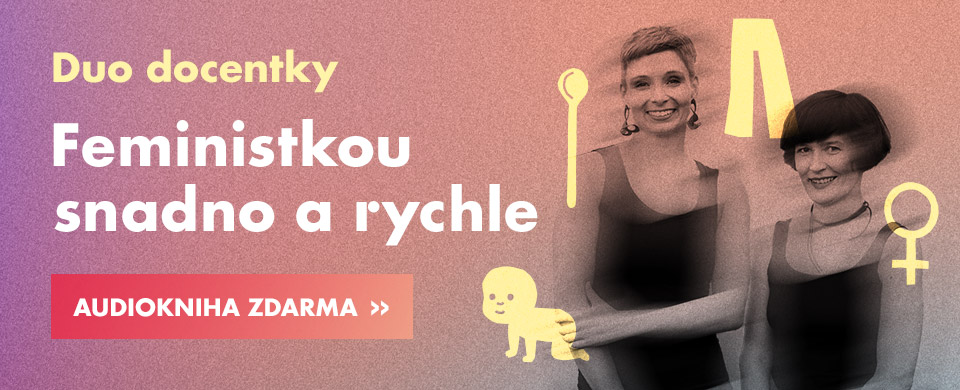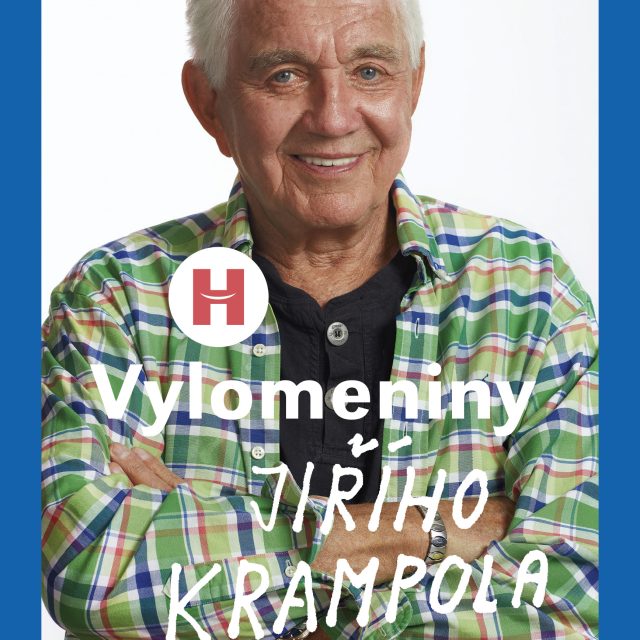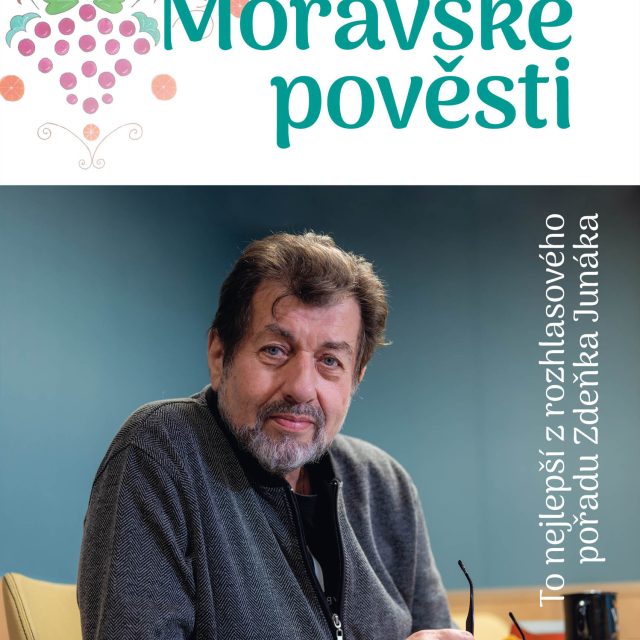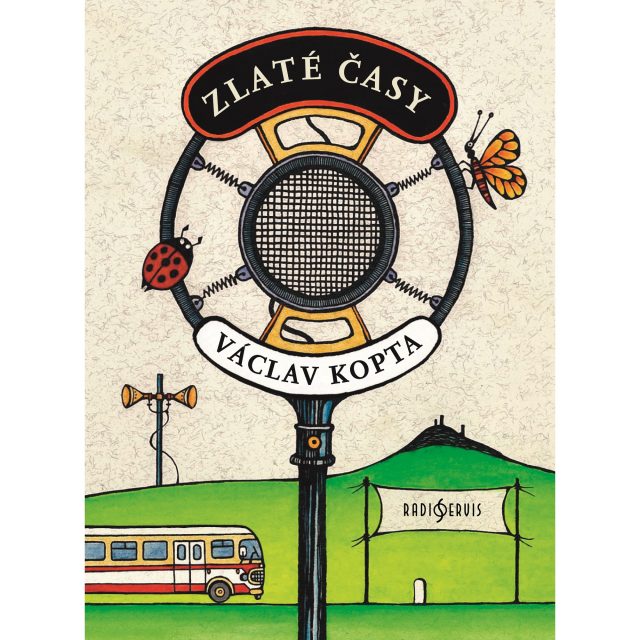Běloruský netlabel Haze: Autoritativní systém zabíjí kreativitu
Bělorusko momentálně hostí mistrovství světa v hokeji, kromě toho je země také známá jako „poslední diktatura v Evropě“. Úlohou této rubriky není „politický voyeurismus“, ale mapování hudebních aktivit v regionu východní Evropy. V Bělorusku totiž působí netlabel vydávající experimentální hudbu a sound art s názvem Haze. Více jsem o něm zjišťovala od Dzmitriho Ladzese.
Mohl byste něco říct o vás a vaší značce Haze? Jak a kdy vznikla?
Mám rád poezii a experimentální hudbu. Objevil se nápad založit platformu pro běloruskou experimentální hudbu a v roce 2007 můj kamarád navrhl, aby ta platforma měla formu netlabelu. Ze začátku na projektu participovali hlavně běloruští hudebníci. Hledal jsem takové, kterým by imponovala myšlenka hudby zdarma. Projekt se rozrostl a nyní je label mezinárodní, vydáváme hudbu z celého světa, což je dobrá šance pro běloruskou undergroundovou hudbu prezentovat se ve světovém kontextu.
Hudbu vydáváte zdarma ke stažení. Proč jste se rozhodli pro tento druh šíření vašich releasů?
Myšlenka hudby zdarma je mi blízká. Velké distribuční sítě a labely mají velké finanční očekávání a to ničí kreativitu. Nikdo nemá právo diktovat umělcům, jak to mají dělat. Kultura „volné hudby“ poskytuje umělci možnost komunikovat přesně tak, jak chce. Vzdálenost mezi posluchačem a hudebníkem se snižuje. Digitální distribuce je také šetrná k životnímu prostředí a pohodlná. Volná hudba je také spojená s volnou distribucí hudby.
SOUNDTRAX FOR OUR FUTURE EMPIRE – UNITED STATES OF IMPERIAL KOREA from HAZE Netlabel on Vimeo.
Mohl byste něco říct o vaší edici Sound Interpretations, která sonifikuje zvuky města?
Před dvěma roky jsme zahájili sérii, která byla věnována spisovatelům 20. století. Hudebníci měli za úlohu přetavit literární text do zvuku. Byl to komplikovaný, ale zajímavý zážitek, a proto jsme se rozhodli pokračovat. Anna Rodina, umělkyně blízká labelu HAZE, navrhla, aby se příští edice zaměřila na urbanismus. Hluk města, jeho rytmus a melodie transformovány do bílého šumu. Městský člověk tento zvuk už nepostřehne.
Náš plán byl tedy vytvořit zvukové portréty různých měst. Je důležité cítit, v čem tkví rozdíly mezi Minskem, Berlínem nebo Prahou. Není to pouze otázka urbanismu, ale také vnitřní duchovní ekologie. Bez toho, abyste poslouchali, nemůžete mluvit. Umělcům poskytujeme terénní nahrávky města a vyzveme je, aby z nich vytvořili kompozice. Prvním městem byl Minsk, domovské město naší značky HAZE. Po něm následuje Berlín.

O současném dění na běloruské kulturní scéně máme velmi málo informací. Jak funguje a jaký má na ni vliv politika? Jak fungujete vy jako nezávislý label?
Situace v Bělorusku je opravdu nelehká. V naší krajině je složité dělat jakýkoliv druh aktivismu – pod hrozbou vězení. Pokud se vaše tvorba dotýká politických záležitostí, úřady vám zkomplikují život. Třeba tady existují zakázaní hudebníci. Týká se to poprockových kapel, které vyjadřují své názory a politicky protestují. Koncerty těchto kapel jsou na území Běloruska zakázány a jejich písničky v rádiu nezní.
Co se experimentálního umění týče, také se potýká s potížemi. Podobně jako je tomu v jiných zemích, i u nás experimentální hudba není populární. V evropských zemích ale existují státní a soukromé nadace, které tuto hudbu podporují. V Bělorusku tyto privátní finance neexistují a stát zajímají pouze ti umělci, kteří plní ideologickou funkci. Koncerty tak občas podporují pouze zahraniční instituce, jako např. Polský institut nebo Goethe-Institut.
Každý autoritativní systém zabíjí kreativitu: lidé, kteří myslí jinak, jsou nepotřební. To je velký problém. Nyní se v Bělorusku mnoho lidí podílí na kreativních hudebních projektech, nehledají ale unikátní zvuk. Samozřejmě, všechno, co se děje v zemi jako takové, má vliv na kulturní proces.
Co plánujete do budoucnosti?
Věnujeme se naší urbanistické sérii Sound Interpretations. Bude to fascinující zvuková jízda světem. Také plánujeme online obchod s různými objekty. Kromě toho se chci věnovat svému vlastnímu projektu Aortha.
Východiska: The Belarusian netlabel Haze
Belarus currently hosts world hockey championships, apart from this, the country is also known as the “last dictatorship in Europe”. The role of this show is not of political voyerism, but charting the music activities in the region of Eastern Europe. The netlabel Haze, focused on experimental music and sound art, is based in the country's capital Minsk. I tried to find out more from its owner Dzmitry Ladzes.
Where are you based and what is your personal background, how did you get to music and the label?
I've always liked experiments in art. I loved poetry and experimental music. Once the idea to create a resource for the Belarusian experimental music came. In 2007, my friend Uladzislau Buben suggested a netlabel format. In the beginning, the project was directed at Belarusian musicians. I was looking for them among my friends and told them about the ideology of free music. Over time, the project has expanded, musicians from other countries began to send us their compositions.
Currently the label is international, we publish music from different countries. And this is a great opportunity to put Belarusian underground music into a global cultural context.
You release digitally as a netlabel. Why did you decide for this form of distribution for your music?
The idea of free music is very close to me. It seems to me that large distribution networks, huge international labels and financial expectations are destroying the nature of creativity. Nobody has the right to dictate the artist how to do that, neither the manager nor the bank account. Culture of free music provides an opportunity for artists to communicate exactly what they want. In addition, the distance between the listener and the musician is reduced. I like the digital distribution of music because it is eco-friendly and comfortable. Free music ideology implies the free distribution of music. But this does not exclude the possibility that the musician earns money for concerts or, say, writing music for theater or commercials.

Can you say something about your Sound Interpretations series, which sonifies the sound of the cities?
Two years ago we launched a series devoted to the writers of the 20th century. Musicians were given the task to translate a literary text into sound. It's really difficult but interesting experience. So we decided to continue our series.
Anna Rodina (HAZE comrade and concept author) suggested a brilliant idea to devote the next series to urbanism. The sound of the city, its rhythm and melody turned into white noise. The hearing of the urban dweller does not perceive this music. So we decided to create sound pictures of these cities. It is important to hear the place where you live, to feel it, to learn about its nature, advantages and disadvantages. It is important to understand what distinguishes Minsk from Berlin or Prague. It is not only a question of urbanism, but also a problem of internal mental ecology. Without the ability to listen it is not possible to talk.
We provide musicians with field recordings of a city to create a composition of this place. Minsk became the first city – it is hometown of HAZE. The next is Berlin. I think we'll take a musical journey through many cities on the planet.
We have little information about contemporary happenings on the Belarusian music scene. How is it and how does the politics influence it? Can you as an independent/underground music activist function and make your art without interference? Are there concerts happening?
The situation in Belarus is really not that easy. In our country, it's hard to do any kind of activism - it is fraught with imprisonment. If what you do alludes to political problems, the authorities draw attention to you and make your life difficult. There are blacklisted musicians, pop-rock groups who express themselves through political protest. Concerts of these groups do not occur within the territory of Belarus and their songs are not on radio.
Experimental art has also problems. As in any other country, experimental music is not popular. In European countries the government and private foundations support this music. But Belarus has no private funds and the state is interested only in those artists who fulfill an ideological function. The only ones who occasionally help organise music concerts are foreign institutions, such as Polish Institute or Goethe Institute.
In generally any authoritarian state kills creativity: people who can think outside the box are not needed. This is a big problem. Now in Belarus a lot of young people are engaged in creative projects, but there are not searching for a unique sound. Of course, everything that happens in the country leaves its mark on the cultural process.
What are your future plans?
We have launched our urbanist series Sound Interpretations. I'm sure it will be a fascinating sonic journey through the world. We are also going to run a small online store with handcraft artifacts. In addition, I'm going to pay more attention to my sound project Aortha.
Více z pořadu
Mohlo by vás zajímat
E-shop Českého rozhlasu
Hurvínek? A od Nepila? Teda taťuldo, to zírám...
Jan Kovařík, moderátor Českého rozhlasu Dvojka
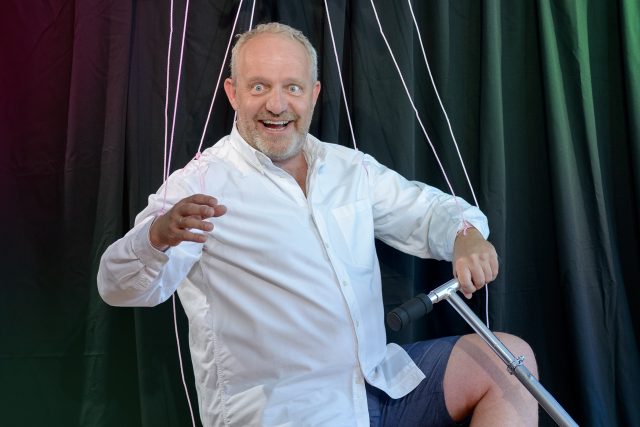

3 x Hurvínkovy příhody
„Raději malé uměníčko dobře, nežli velké špatně.“ Josef Skupa, zakladatel Divadla Spejbla a Hurvínka

